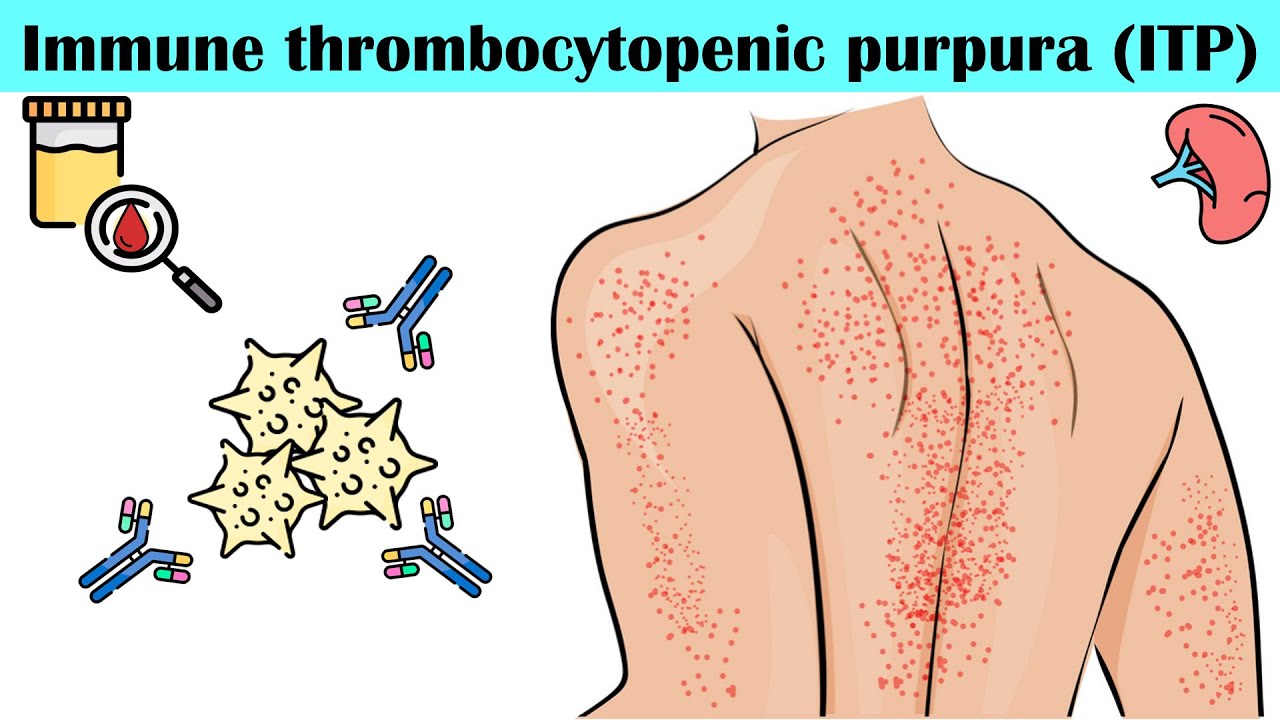Anti-TNF treatment of rheumatoid arthritis does not affect mortality
Reuters Health • The Doctor's Channel Daily Newscast
Writing in Arthritis & Rheumatism published online July 26, Dr. Kemme Hyrich at the University of Manchester, UK and colleagues note that while effective treatment of rheumatoid arthritis might lower the known risk of cardiovascular disease in RA patients, there’s a possibility that anti-TNF agents increase the risk of serious infection.
To investigate any association between anti-TNF treatment and mortality, the researchers followed a national cohort of patients in the British Society for Rheumatology Biologics Register. The register included 12,672 patients treated with etanercept, infliximab or adalimumab and 3522 patients treated with standard non-biologic disease-modifying anti-rheumatic drugs (DMARDs).
Mean follow-up was 4 years in the anti-TNF cohort and 2.7 years in the DMARD cohort, during which time there were 856 and 204 deaths in the two groups respectively.
After adjusting for differences in age, disease activity and comorbidities, the investigators found no statistically significant difference in overall mortality rates between the biologics and non-biologics groups (weighted hazard ratio 0.86).
“A similar pattern of mortality risk was found for each of the three leading causes of death within the cohort: circulatory disease (weighted HR 0.73), neoplasm (weighted HR 0.65) and respiratory disease (weighted HR 0.81),” Dr. Hyrich and colleagues report.
They conclude, “Future analysis will confirm if this trend in mortality, including the underlying causes of death observed in both cohorts, is maintained over longer periods of follow-up.”
Reference:
No evidence of association between anti-TNF treatment and mortality in patients with rheumatoid arthritis: Results from the British Society for Rheumatology Biologics Register
Arthritis Rheum 2010.








